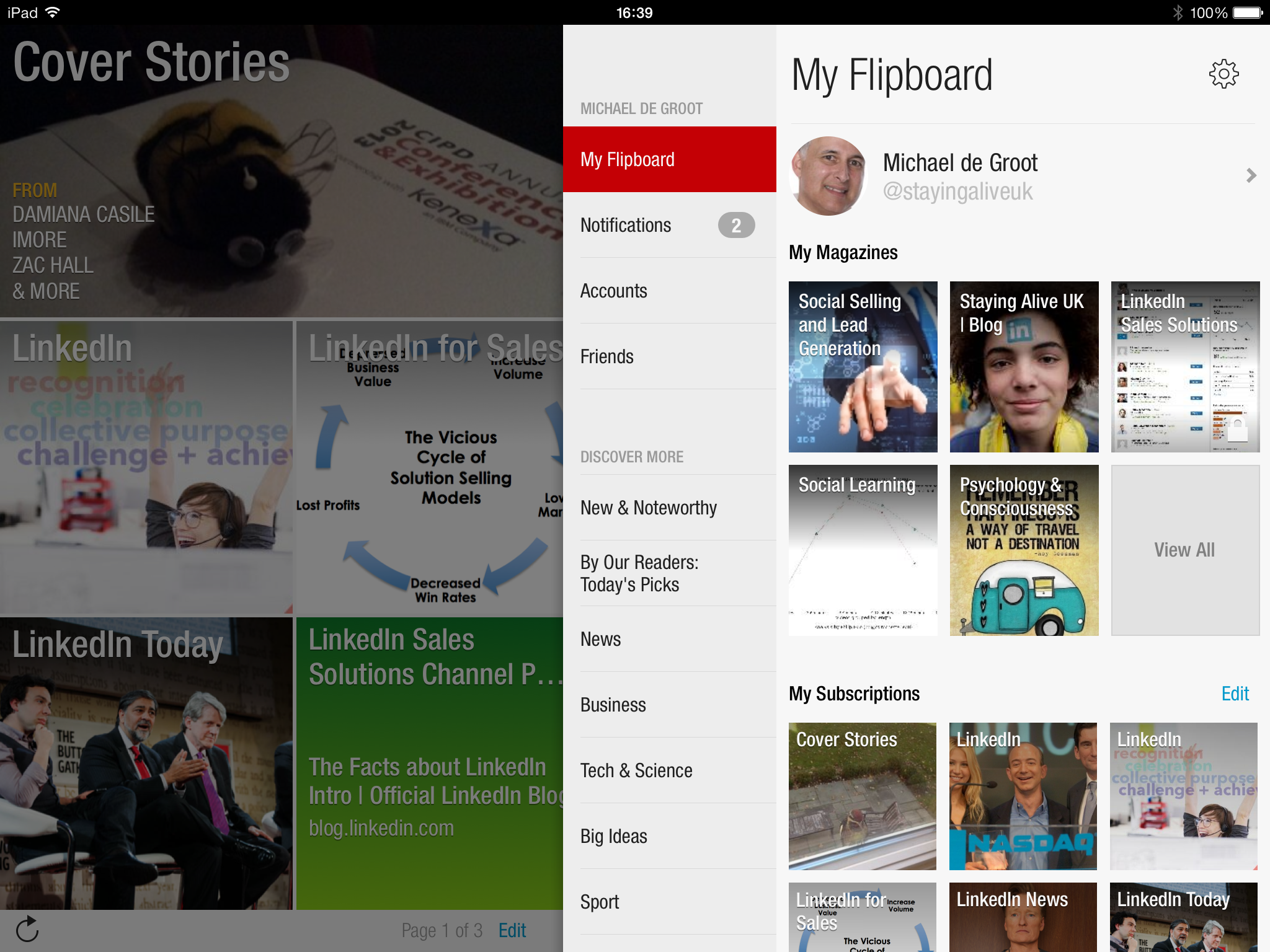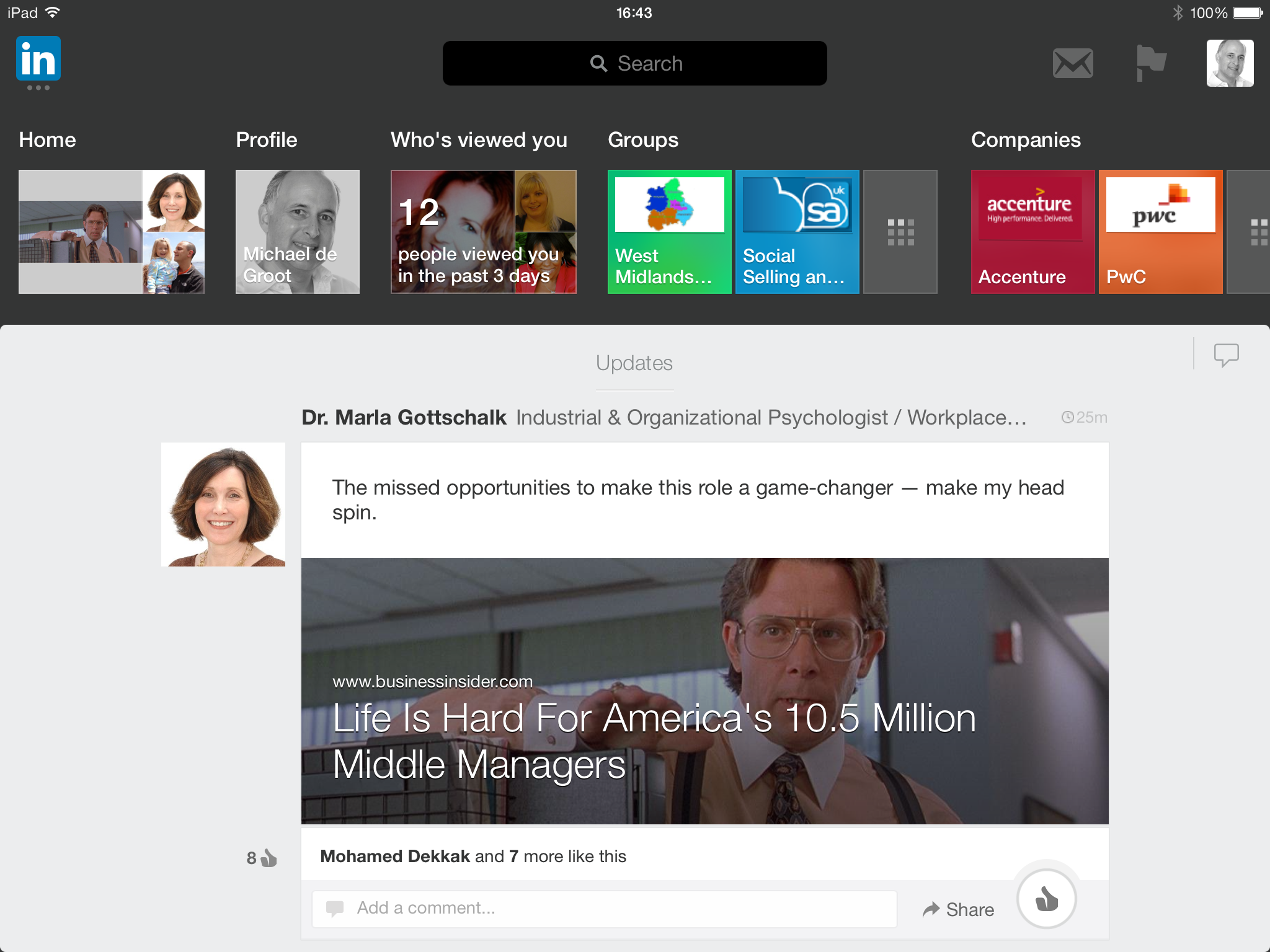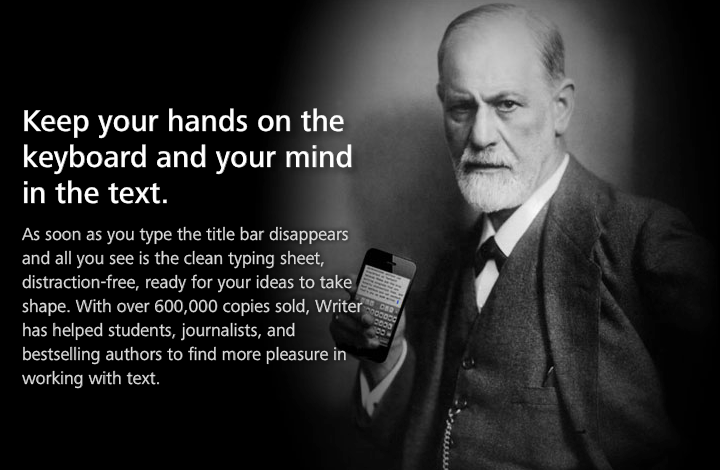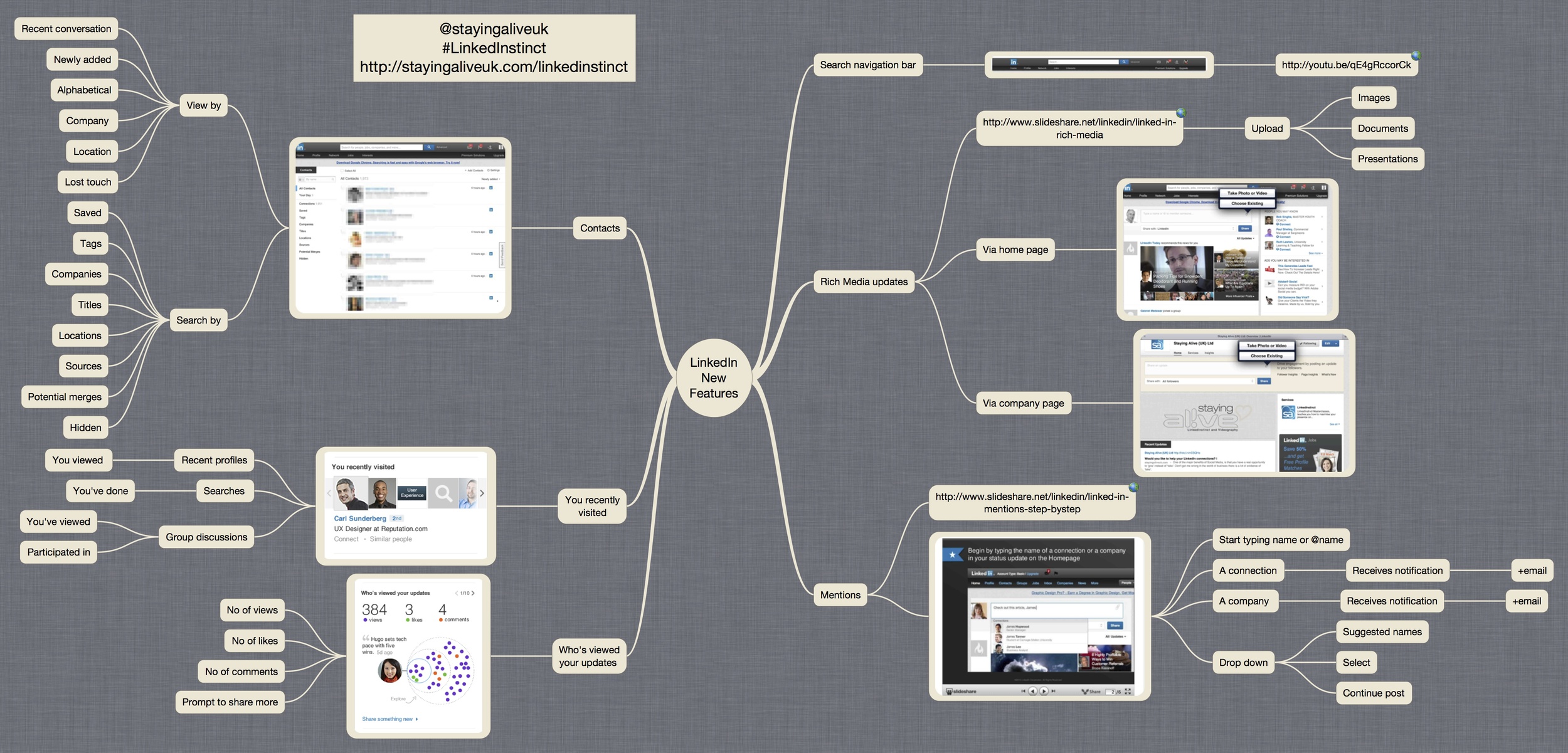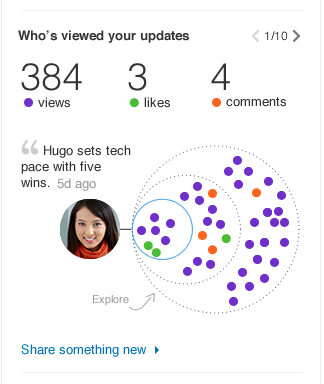The biggest challenge facing the UK economy is 'Skills Competence' and not 'Skills Shortage'. Everyone always looks at the glass as being half empty instead of half full. So focussing on 'Skills Competence' is better than focussing on 'Skills Shortage', don't you think? Competence is the holy grail, because assessing someone’s competence allows you to directly know whether they are equipped to do the job or not. We have a competence issue in organisations not a skills issue.
Competence: the ability to do something successfully or efficiently.
Appraisals, Annual reviews, Objective setting, 360 degree reviews or whatever your name is for reviewing someone’s performance doesn't assess competence. You can only test competence by asking the employee directly if they know the answer to a very specific set of questions that relate to ’what’ they need to know as an absolute minimum to do the job competently.
In every organisation things change. New products or services, new managers, changing procedures and processes, re-organisation which causes job changes, new sales and customer service processes, etc.
Job competency is always under pressure when change happens in an organisation and that's all the time.
To truly understand your employees’ competence you need to test them, regularly. Once you know their competence levels, you can do something about it.
Deploying learning materials in large silos (Learning Management Systems) or any other method of e-learning will allow you to teach skills but not competence. When you teach just skills, you have no idea if the learner has remembered the new skill and whether they've actually become competent in that skill. Indeed it takes time to become competent in any skill and usually it takes repetition of carrying out that skill before you become competent.
We all know the following 4 phases of learning something new, like learning to drive a car:
1. Unconscious incompetence 2. Conscious incompetence 3. Conscious competence 4. Unconscious competence
The 4th phase is where we want our employees to get to as soon as possible, whether it's with Onboarding (Induction) or learning new skills/knowledge.
Every minute, hour, day, week or month that we take to get them as competent as possible, means the organisation is potentially losing money or not growing as fast.
The Psychology of Study goes as far back as 1932, when Mace wrote his book 'Psychology of Study' and the idea of ’spaced repetition’ was first muted. Earlier still we had Ebbinghaus who told us about the forgetting curve. It tells us that for centuries we've been debating how we can get humans to remember more than how to walk.
Let's take learning languages. If you've ever tried to learn a new language, then you'll know that only by repetition will you become competent in that language. Using flash cards are an even better way of learning to remember a new language. Put the English on one side and the translation on the other. Start with 50 cards on day one and when you know you have mastered a few, take those out of the pack and repeat the others. Keep going until you've mastered them all. It's fairly basic but it works.
It's the only way to become competent in that language. Of course you may decide to repeat it in 3 weeks, because unless you are using these sentences regularly, the chances are that you will forget them.
Take this concept into any skill in any organisation where you require it to become a competence in the person who is performing it and you will rapidly and successfully increase competence throughout the organisation.
Deploying this method is now easier then ever, allowing employees to become more competent through the power of mobile. Not only can you test competence and teach new skills, you can report on the overall competence of a group, a department, a division or the overall organisation. It allows you to succession plan, recruit for competence gaps, evaluate competence levels for new projects. It even tests the individuals who took the course, at the point when they are deemed to be ready to be tested over the phone by a real person. A great motivator for the learner to get up to speed and learn properly.
What if such a tool was available today? What a difference it would make to UK "Skills Competence', to the UK economy, to UK competitiveness, to the Economy of Organisations and especially to the people that work in them.
If any of the concepts above touched a nerve with you and you can see an application inside your organisation, please get in touch with me in the first instance. We’ll get a proof of concept rolling out for you within hours and start your organisation’s journey towards 'Skills Competence' quickly.
Wishing you massive success always.
uk.linkedin.com/in/stayingaliveuk/









